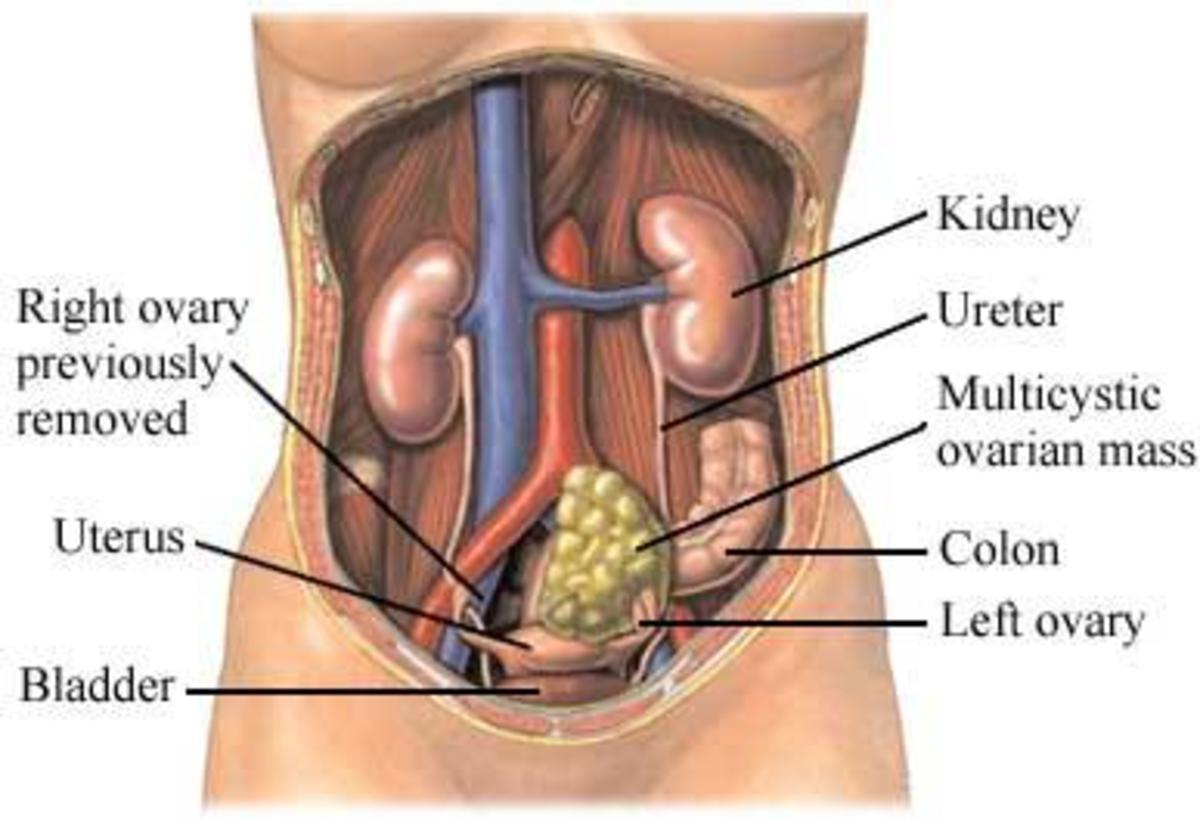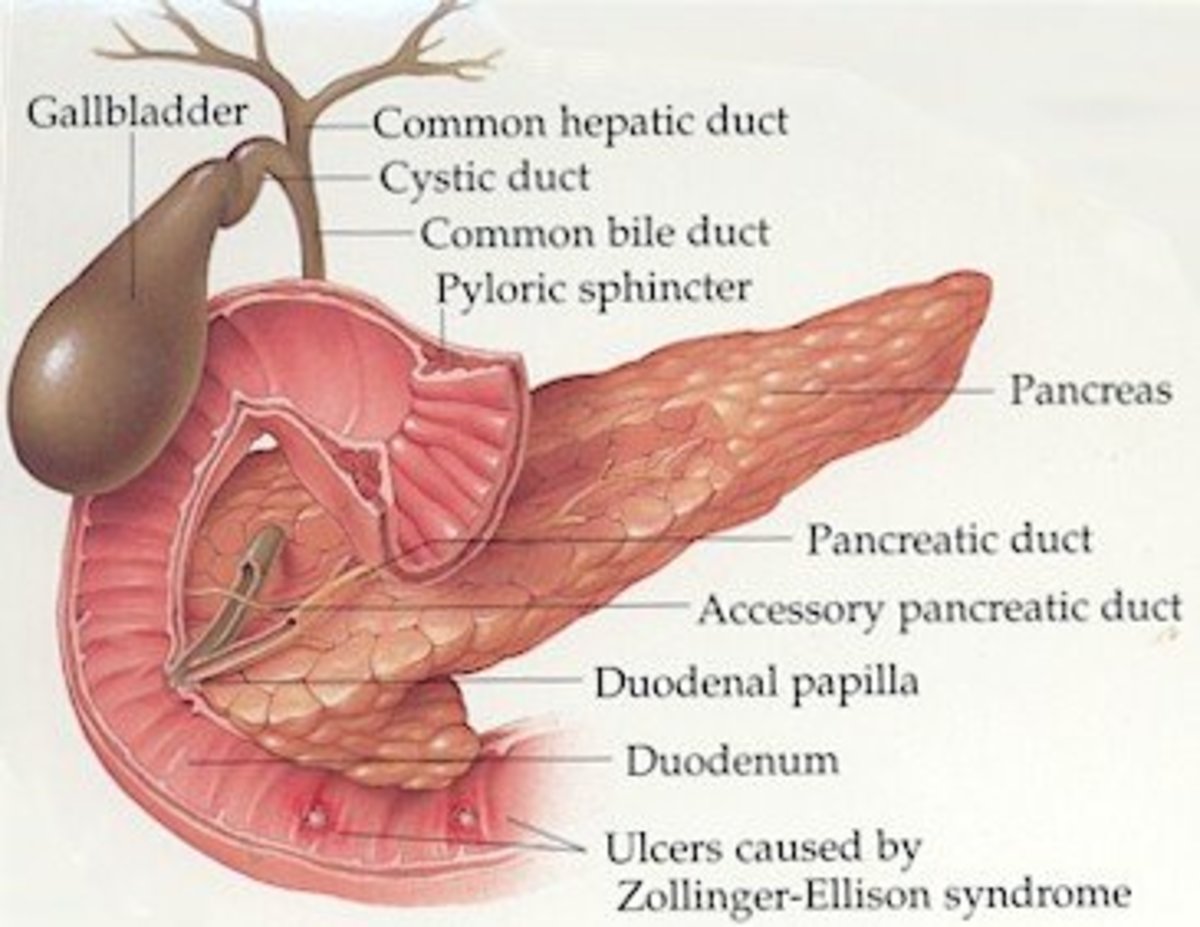DNA Testing for Disease Prevention
Laboratory
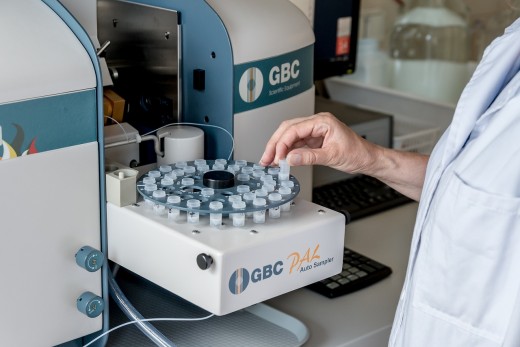
Genome Testing
With new technology, it is now possible to have DNA testing (genome screening) for disease prevention. Essentially this means you have your DNA (or genetic code) analyzed to see what your chances are for heart disease, diabetes, cancer and how you might react to common medicines.
The healthy 40-year-old Stephen Quake, a Stanford scientist, his genetic profile was written up in the Lancet after his genes were probed and he was told he was at risk for a heart attack, obesity, diabetes and some cancers, however, he is at low risk for developing Alzheimer disease. One reason Quake was chosen for the testing is he had a first cousin that died mysteriously at age 19. Scientist state a new era of personalized medicine will evolve once they get better at interpreting the data. They think interpreting the data is more difficult than obtaining it.
Scientific Studies and Legislation
For several months 30 scientists studied more than 2 million gene variants in Quake’s DNA. They found genes linked with sudden cardiac death, and others suggesting he might be resistant to the anti-clotting drug clopidogrel.
They suggested Quake start taking cholesterol-lowering medicine, but he declined. Quake’s testing cost $50,000, but scientist look for a day where the testing will cost $1000 in about 3 years. The research has been funded by the U.S. National Institute of General Medical Sciences and the National Heart, Lung and Blood Institute and others.
Some think there are ethical dilemmas to be considered. Perhaps more legislation will be necessary to protect an individual’s personal information. After all, an employer might not give you a job if they were privy to this type of information, or a life insurance company might refuse your insurance application.
Also, many people may not want to know the intimate details of their genome. At this time many people have had their full genomes sequenced.
Stephen Quake
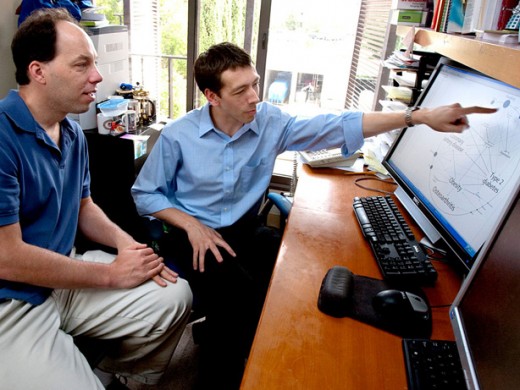
Stephen Quake's Decisions
Many scientists think it will help people live a healthier life. For instance, if you are more likely to develop heart disease you might eat healthier; take cholesterol medicine earlier and exercise. Stephen Quake stated, “You know, the chance of dying is 100 percent, it's just a question of how and when, right? I think this sort of points to an interesting thing about personal genomes.
You have to have a bit of a strong stomach for it." In his case now that he knows he has a link to sudden cardiac death, he remains athletic and plans to get echocardiograms, ultrasonograms and stress tests periodically so doctors can look for any ominous changes in his heart. He states he will start taking cholesterol-lowering drugs if his cholesterol rises into an unhealthy range, as right now it is normal.
Testing for Cancer Risk Video
Human Genome (DNA)
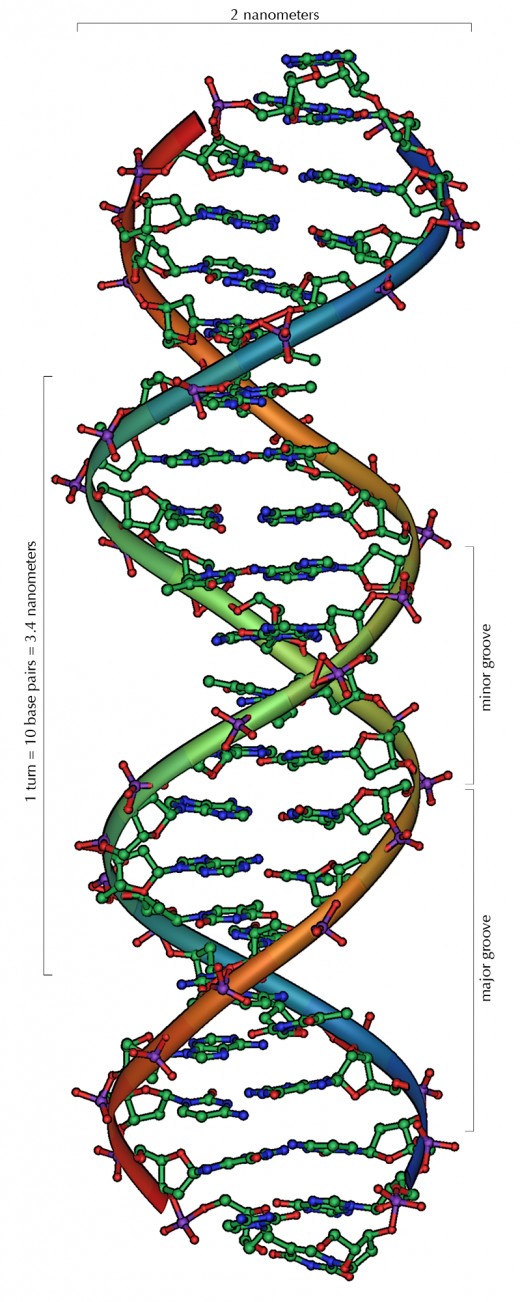
Testing to Assess Cancer Risk
There are some specific tests available now at a reasonable price for such things as the abnormality of the breast cancer gene. I have a friend who studies genealogy as I do. She is of Swedish descent and she noticed that most of her ancestors died of some type of cancer. Then she got breast cancer and had a bilateral mastectomy.
The human genes BRCA1 and BRCA2 belong to a class of genes known as tumor suppressors. Mutation of these genes has been linked to breast and ovarian cancers. This is true for men getting breast cancer as well. A woman’s lifetime risk of developing breast and/or ovarian cancer is greatly increased if she inherits a harmful mutation in BRCA1 or BRCA2. You will see multiple members in a family with cancer and these cancers quite often happen before menopause. The difference is about 120 out of 1000 would normally develop breast cancer but with the mutation 600 out of 1000 are at risk.
There are state laws in place to protect your privacy with this testing. There is also genetic testing for colon cancer. These are genetically inherited diseases.
Mayo Clinic Minute
BRCA1 and BRCA2
If you decide to get tested as you know many in your family have had breast or ovarian cancer and if your test is positive then you have some choices to make. One option is more frequent, careful screening. Some women chose prophylactic surgery, which is surgically removing as much of the at-risk tissue as possible and some have their ovaries and fallopian tubes removed, but that is not even a 100% guarantee that you will remain free of the disease but it certainly improves your odds.
There are also medications such as Tamoxifen that has been shown in numerous studies to reduce your risk of developing breast cancer by about 50% for those at increased risk. To get more information about cancer genetics, check out http://www.cancer.gov/search/geneticsservices/.
My friend only had to have a mastectomy on one breast but because she had the testing she opted to have both removed at the same time. I think I would have made the same decision in that case. Through her experience, she has been contacting all her relatives, many in the US and some in Sweden. They have been getting the testing and several are positive.
One man just decided to have a colonoscopy done early and they found very early stage cancer which saved his life. Some women have found early-stage breast cancer, so her awareness and encouragement to her family to get tested have literally saved the lives of her extended family.
Laboratory
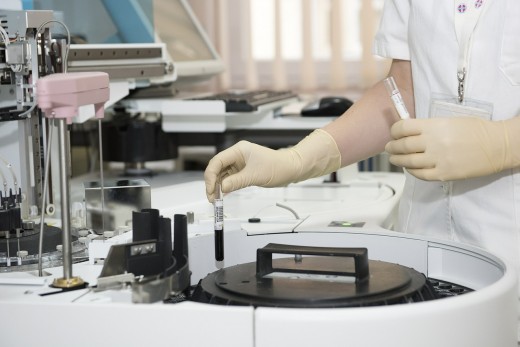
In Summary
Genetic testing has a long way to go, yet look at the great strides that have already happened. Lives are being saved from cancer and maybe that will happen with heart attacks, strokes and other diseases as the scientists learn more about interpreting data. Even Mayo Clinic is now offering DNA testing for patients.
DNA testing for disease prevention is definitely a part of our future.
This content is accurate and true to the best of the author’s knowledge and does not substitute for diagnosis, prognosis, treatment, prescription, and/or dietary advice from a licensed health professional. Drugs, supplements, and natural remedies may have dangerous side effects. If pregnant or nursing, consult with a qualified provider on an individual basis. Seek immediate help if you are experiencing a medical emergency.




